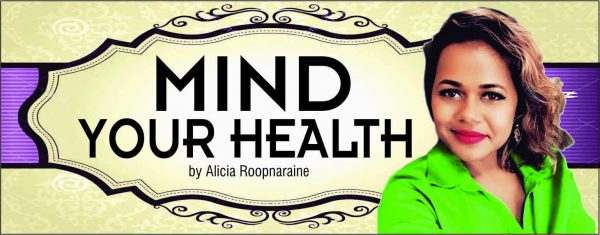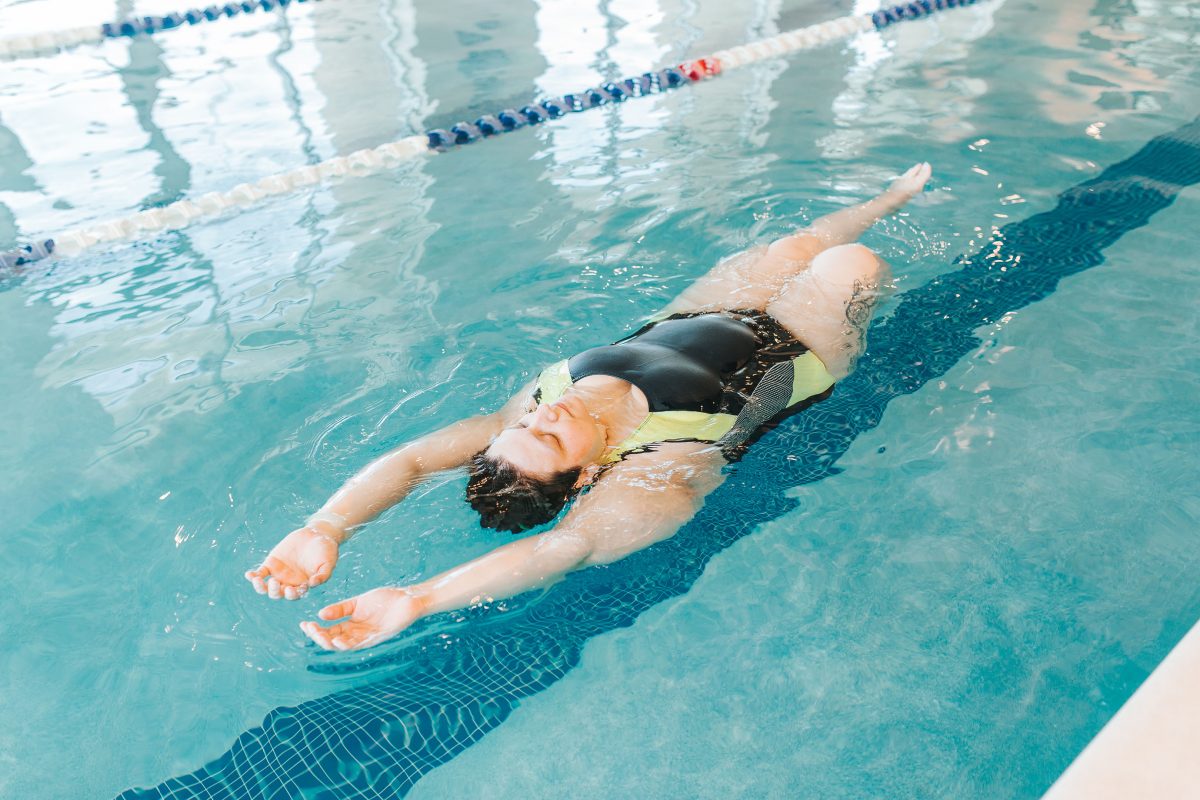 Millions of people around the world suffer from mental illnesses and while the most common forms of treatment and care come in the form of psychotherapy and medication, there is also recreational therapy which is used to improve the mental, emotional, and physical health of an individual.
Millions of people around the world suffer from mental illnesses and while the most common forms of treatment and care come in the form of psychotherapy and medication, there is also recreational therapy which is used to improve the mental, emotional, and physical health of an individual.
Recreational therapy can be combined with other forms of psychotherapy if a person is suffering from a mental health condition. But this type of therapy is not only limited to mental conditions. If a person has suffered some sort of physical trauma, a recreational therapist may be assigned to help with recovery.
So what is recreational therapy?
It is a form of recreational activity that is used to treat with persons suffering from intellectual, psychological, emotional and physical conditions and has as its goal to serve as an intervention to aid in recovery and improve psychological and physical wellbeing.
What are the different types of recreational therapy?
Recreational therapists may choose from a variety of activities to improve their client’s emotional, cognitive, social and physical wellbeing. Some of these activities may be:
● Swimming
● Arts and crafts
● Dance
● Drama
● Music
● Interaction with animals
● Interaction with nature
These activities can help to reduce anxiety, stress and depression as well as improve motor and social skills.
So how exactly does recreational therapy work?
We will explore a couple of examples so that you understand how exactly this type of therapy works. Let us say we have the case of someone who suffered a stroke and is now regaining muscular movement, then a therapist may choose to have their client interact with a pet or if there is sufficient muscular movement, art therapy so that the person can find pleasure expressing themselves artistically, while aiding in muscular movement.
Swimming, which is a low impact exercise, is one of the most popular forms of recreational therapy and is very effective. It works wonderfully to aid in the reduction of anxiety and stress in addition to providing therapy for persons who have suffered some form of injury but who can only do low impact exercises.
As we have seen, there are numerous benefits associated with recreational therapy and you do not need to have suffered an injury or mental health condition to be a good candidate. The advantage of this form of therapy is that it is good for perfectly healthy individuals as it aids in overall stress reduction and physical wellbeing.
Alicia Roopnaraine is a Psychologist at the Georgetown Public Hospital Corpora-tion’s Psychiatric Department. You can send questions or comments to her at [email protected]










